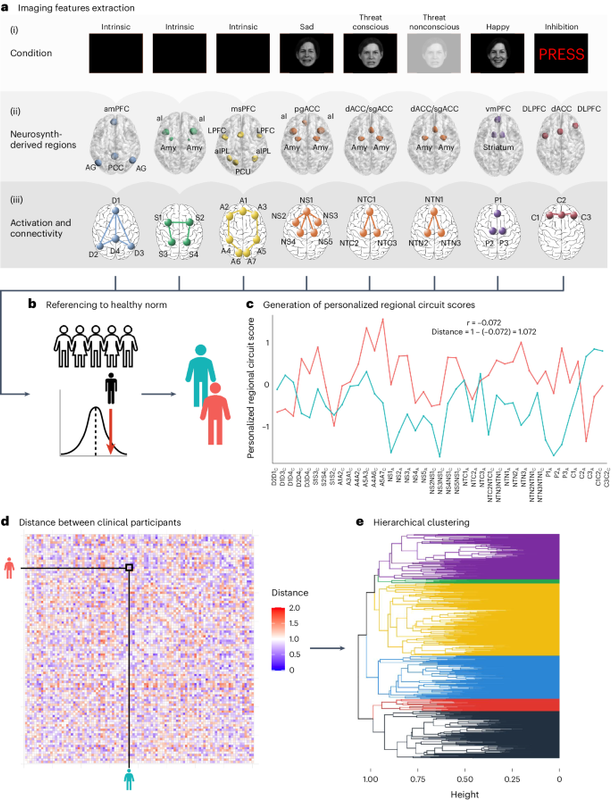Unless there has been serious effort in addressing the poor quality of fmri studies since the dead fish paper I would recommend cautious outlook.
article and link to fish study: https://law.stanford.edu/2009/09/18/what-a-dead-salmon-reminds-us-about-fmri-analysis/


